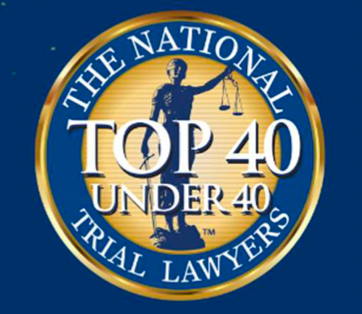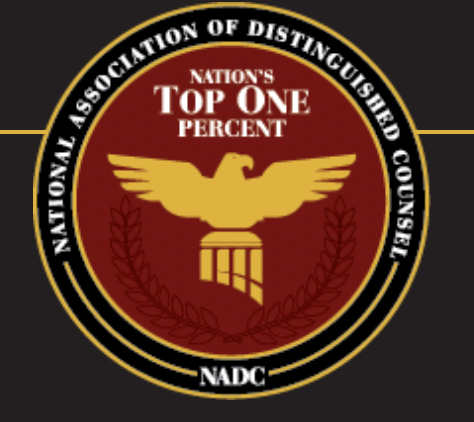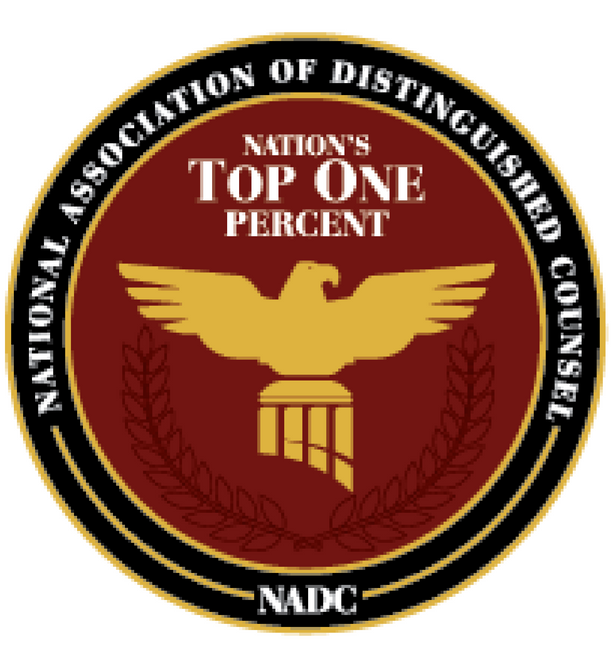If you’re under investigation or facing serious criminal charges, you may hear the term “grand jury” and wonder what it means for your case. Grand juries operate largely behind closed doors and can feel mysterious or intimidating, especially because the defense plays virtually no role in the process.
In this blog, we break down how grand juries work, what they’re used for, how they differ from trial juries, and what rights — or lack thereof — you have if you’re involved in a grand jury proceeding.
How Grand Juries Work
Historically, grand juries were meant to act as a buffer between the government and the citizen — preventing unjust prosecutions by screening out weak cases. Over time, however, they’ve evolved into a powerful investigative tool for prosecutors.
Grand jurors are selected from the same pool as trial jurors, but unlike regular jury trials, defense attorneys cannot challenge or question grand jurors, nor can they be present in the room. A typical grand jury consists of 16 to 23 members, and instead of being assigned to a single case, they sit for months at a time, hearing multiple investigations presented by the prosecution.
Importantly, grand juries do not need probable cause or reasonable suspicion to investigate. The threshold for launching a grand jury inquiry is incredibly low — sometimes based on nothing more than vague rumors or speculative leads.
The Role of the Grand Jury: Not Neutral, Not Balanced
While grand juries are often portrayed as impartial bodies, in reality, they hear only one side of the story — the prosecution’s. The prosecutor chooses what evidence to present, often in the form of hearsay, summaries, and secondhand accounts. Grand jurors don’t typically see physical evidence or original documents. Instead, they receive a condensed version of the case.
Prosecutors remind jurors that their role is not to decide guilt or innocence, but simply to determine whether there’s probable cause to indict — a much lower standard. Jurors are encouraged to keep things moving and avoid asking too many questions. Some even become passive, disengaged, or rubber-stamp whatever is recommended.
If you are called to testify before a grand jury, the goal is not to persuade — it’s to say as little as possible and leave quickly. The process is not designed to be fair to the accused.
Grand Jury Proceedings Are Secret
Grand jury hearings are conducted in strict secrecy. Only the prosecutor, the witness, and a court reporter may be present during testimony. In some jurisdictions, a witness’s attorney may be allowed nearby but cannot enter the room and must wait outside.
Everyone involved — including the jurors and court staff — is legally bound to keep the proceedings confidential. However, leaks do occur, and the mere act of being seen near a grand jury room can alert the media or other parties that someone is a target or witness.
The defense is completely shut out. They never get access to transcripts, evidence presented, or the grand jury’s vote tally. This means defendants and their attorneys are often left in the dark until an indictment is filed.
Charging vs. Investigative Grand Juries
There are two types of grand juries, depending on the case:
1. Charging Grand Jury
Used for simple cases where the defendant has already been arrested and the state is ready to file charges. These grand juries often:
- Hear brief testimony, often just from police.
- Quickly approve charges based on the prosecutor’s version of events.
- Eliminate the need for a preliminary hearing.
2. Investigative Grand Jury
Used in more complex or long-term investigations, such as organized crime, white-collar fraud, or public corruption. These grand juries:
- Subpoena documents and witnesses.
- Operate over several months or even years.
- Allow the prosecution to build a case in secret before formally charging anyone.
The grand jury does not draft charges; it simply votes yes or no on the indictment already prepared by the prosecutor. A majority vote is all that’s needed — and the defense never sees the vote count.
Grand Jury Subpoenas and Target Letters
In many cases, individuals involved in a grand jury investigation receive a subpoena or a target letter from the U.S. Attorney’s Office or state prosecutor. These are critical moments.
- A subpoena compels you to produce documents or testify.
- A target letter informs you that you are likely to be indicted.
If you receive either, you should immediately consult a criminal defense attorney. Anything you say — even unintentionally — can be used against you. Your attorney may be able to negotiate immunity, limit the scope of questioning, or prepare you for safe testimony.
Can You Challenge a Grand Jury Indictment?
Because the grand jury process is so one-sided, many people ask: Can I fight the indictment after the fact?
In most cases, challenging a grand jury indictment is extremely difficult. Courts rarely second-guess a grand jury’s decision unless there was egregious misconduct. However, your attorney can:
- Challenge the validity of the evidence in pre-trial motions.
- Push to suppress illegally obtained testimony or documents.
- Question the constitutionality of how the grand jury was used.
That’s why it’s essential to get ahead of the process before an indictment is filed, when your attorney may still have room to influence the outcome behind the scenes.
Call Us Today if You’re Facing a Grand Jury Investigation
If you’ve received a subpoena, a target letter, or suspect you’re under investigation, don’t wait until charges are filed. The grand jury process moves quickly — and you won’t be given the full picture until it’s too late. At the Law Offices of Pat Brown, we understand how prosecutors build cases behind closed doors — and we know how to protect your rights before, during, and after grand jury proceedings. Whether you’re a witness, a subject, or a target, our team is ready to help you navigate this high-stakes process with strategy and strength. Contact Law Offices of Pat Brown today for a confidential consultation. Your defense starts before the indictment.
The post Grand Juries appeared first on Law Offices of Pat Brown.
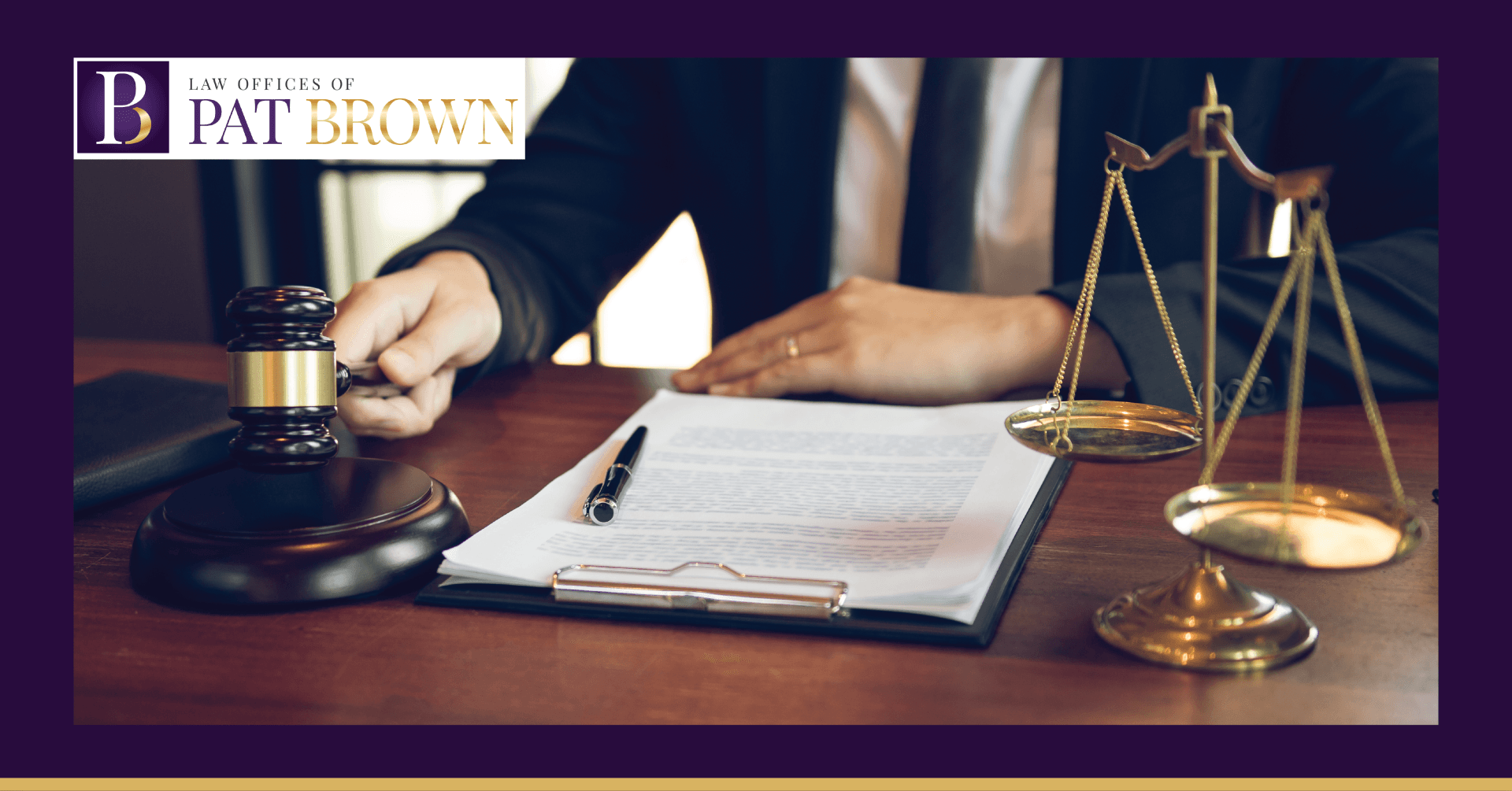
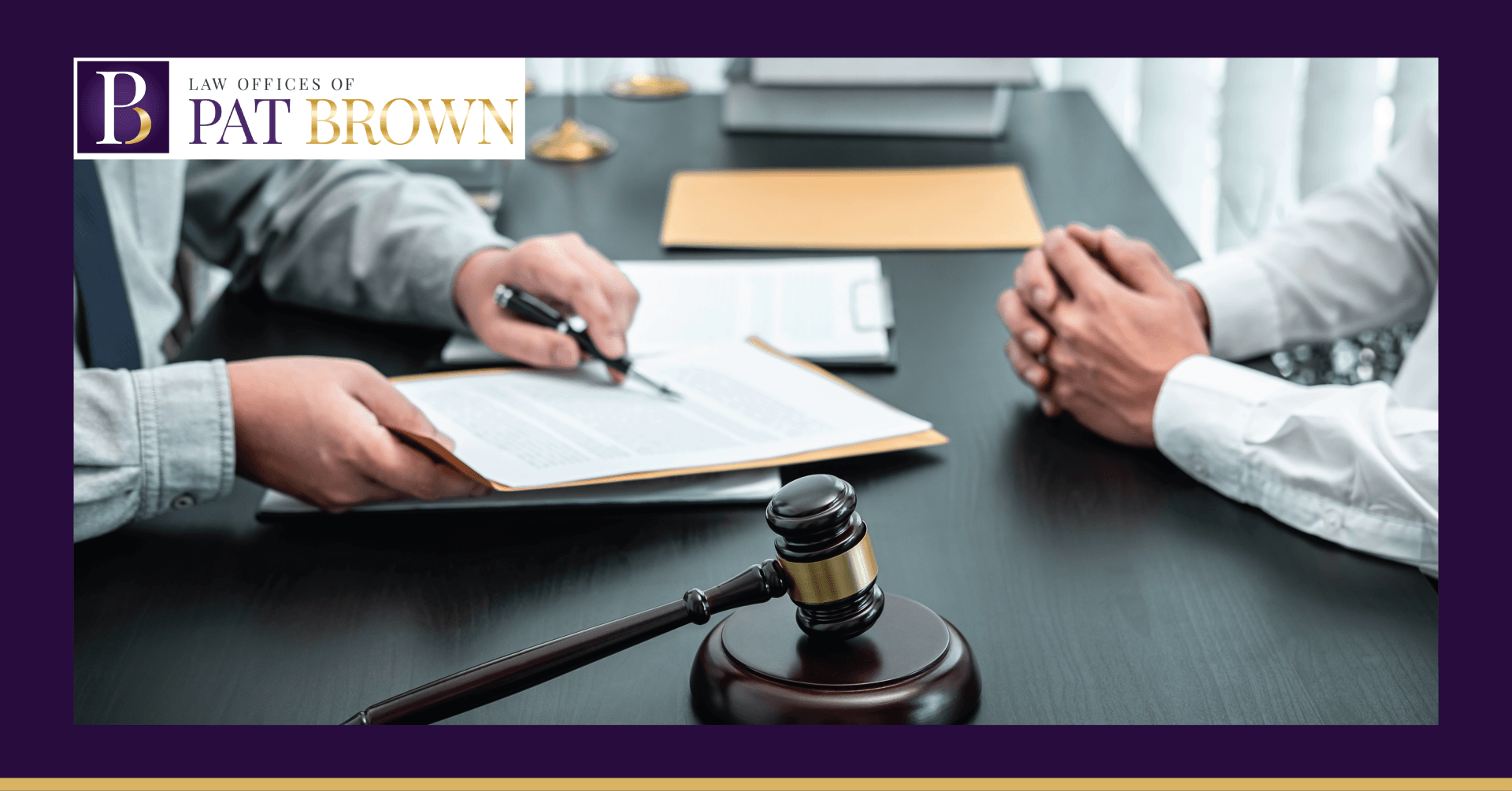


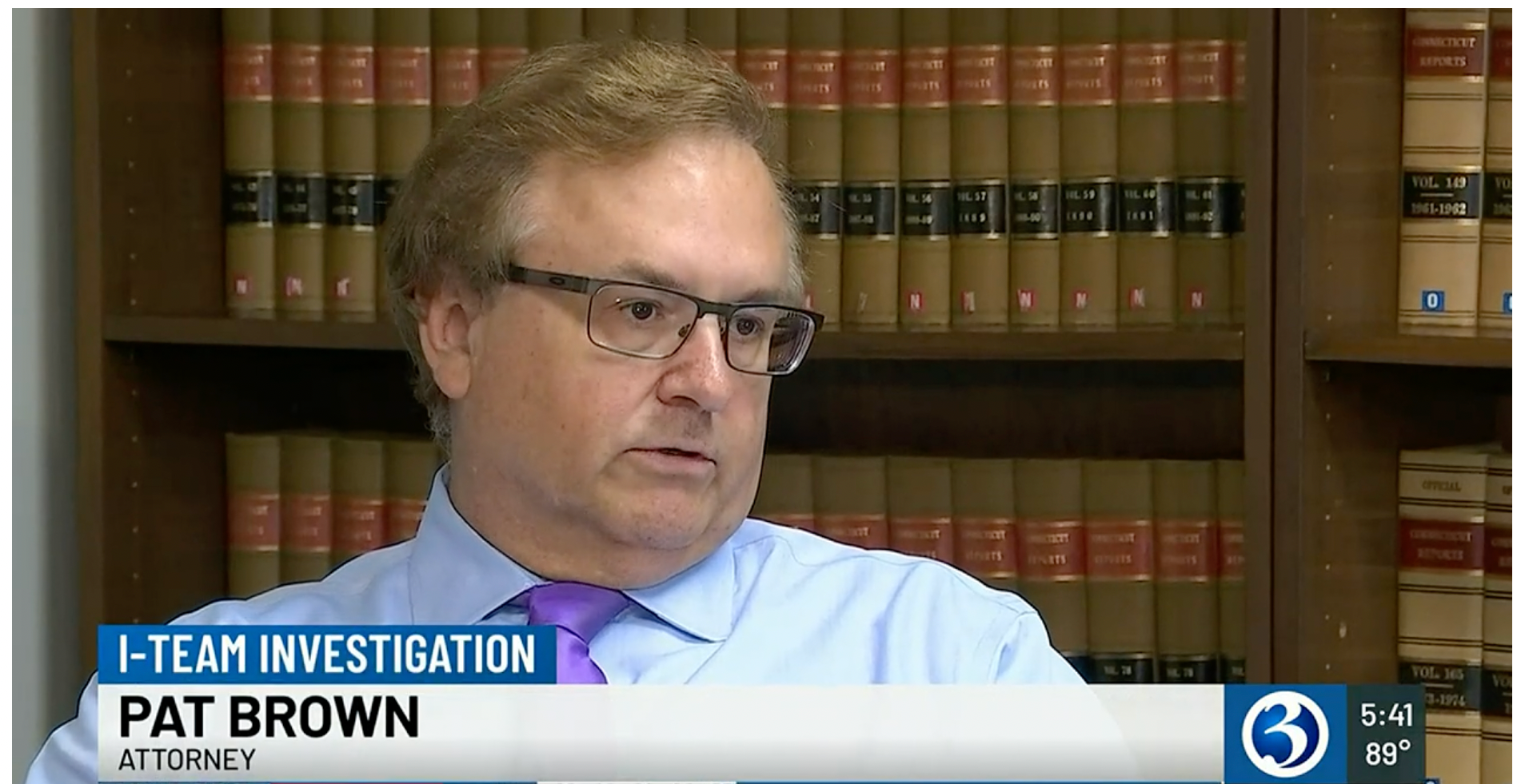


Contact Us Today
For more information, call us at (860) 321-7722 or fill out the form below.
Contact Us
We will get back to you as soon as possible.
Please try again later.



